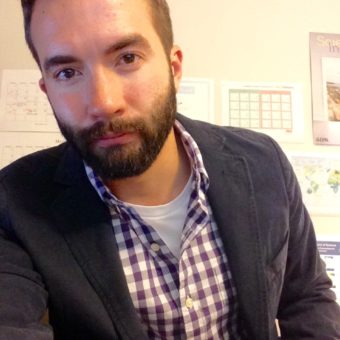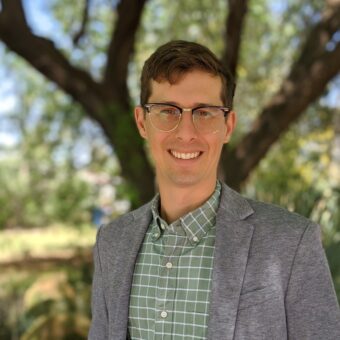Science Center Public Forums: Community Engagement for Environmental Literacy, Improved Resilience, and Decision-Making
Program Areas – Sustainability, Education and Engagement
Funded by the National Oceanic and Atmospheric Administration (NOAA) Office of Education (OED) and led by Arizona State University’s Consortium for Science, Policy & Outcomes (CSPO) and the Museum of Science Boston, this three year project will create a next-generation, replicable institutional model for strengthening community resilience to a variety of hazards. We will engage lay citizens to discuss the hazards they face and improve public awareness of these hazards; increase the capacity of museums as convening institutions for public engagement; incorporate the coastal, weather, and climate science needed to inform decisions; and involve the public directly in decisions about measures that contribute to resilient communities, ecosystems, and economies. The process will generate materials and methodologies, along with a support network of experienced facilitators, that museums and schools can utilize for future programs and informal science education (ISE) to increase environmental science literacy and strengthen community decision-making.
By building on our experience at the forefront of transformational approaches to engaging the public, this project will produce an innovative, distributed model for engagement among citizens, experts, and decision-makers. Two pilot citizen forums will be convened through partnerships in distinct localities (Arizona Science Center, Phoenix, AZ and Museum of Science, Boston, MA) to facilitate public deliberation on real-world issues of concern to communities in these regions. The pilot programs have several objectives: 1) evaluate the effectiveness for engagement of both the materials and program agenda; 2) foster an initial network of museum staff, community members, and local officials; and 3) create an adaptable model of the program for an expanded set of forums, to take place at six additional sites around the country: Museum of Life Science, Durham, NC; Science Museum of Minnesota, St. Paul, MN; Gulf Coast Exploreum Science Center, Mobile, AL; Oregon Museum of Science and Industry, Portland, OR; Chabot Space and Science Center, Oakland, CA; and Bishop Museum, Honolulu, HI. The network-building component is an important objective of the project. By creating partnerships within a community and a framework for engagement that can be replicated nationwide, we will foster communities’ ability to share best practices, build social capital, and generate consensus on resilience measures.
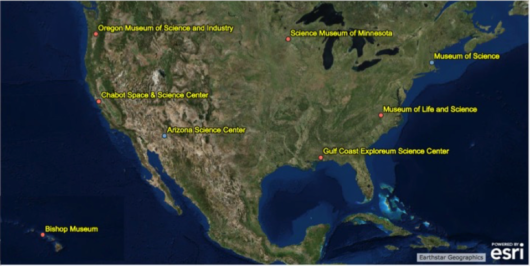
Museums will be the hubs of these community networks and the sites of the public forums. Science museums have considerable experience in illustrating how human and natural systems interact and in informing diverse publics about complex topics, including recent scientific research and environmental issues. They are engaged in dialog with the public about issues that science can illuminate but not solve or answer on its own. As trusted institutions embedded in their communities, they are ideally situated to promote democratic deliberation, environmental literacy programming, and the creation of local stakeholder networks. By providing materials and training to museum staff and educators, this project utilizes these local institutions, resources, and social capital in support of building resilient communities.
The forum materials and agenda target the lay publics, educators, and students. The materials will foster a better understanding of environmental changes and natural hazards, including rising sea levels and changing frequency and magnitude of heat waves, extreme precipitation events, and drought. Since the impacts of these hazards are in part determined by each community’s geography, demography, and socioeconomic characteristics, the materials we produce will be adaptable for use in a variety of contexts, enabling broad distribution. The content and activities we develop for these public forums will improve environmental and scientific awareness about: the ways human and natural systems interact; the nature of scientific processes and uncertainty; the ways that people and places are connected to each other across time and space; and the potential intended and unintended impacts of actions aimed at improving resiliency. To ensure that forum participants are representative of their communities, we will use our extensive experience in participant recruitment to include citizens from traditionally underrepresented groups—those, not coincidentally, who are often most vulnerable to natural hazards and environmental change.
We will collaborate with NOAA to develop the materials and shape the engagement forums, thus ensuring the use of timely and accurate knowledge of coastal, weather, ocean, and climate systems to inform community decision-making. Specifically, we will be working with NOAA experts to use NOAA’s scientific data, data access tools, climate resources (particularly NOAA’s Weather-Ready Nation initiative, Climate.gov, the CLEAN collection, and the Climate Resilience Toolkit), and data visualizations to create background material (case studies, stakeholder maps, policy options, etc.) and deliberation tools (videos, informational packets, games, etc.). We will incorporate the expertise of NOAA employees and affiliates into program design and evaluation. By doing so, we also advance NOAA’s mission in sharing climate predictions and projections; providing scientific data sets and observations; and using this knowledge to safeguard people and the environment.
Meet the Project Team
Principal Investigators
-
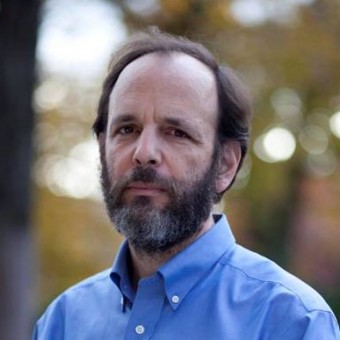
Daniel Sarewitz
Emeritus, Co-Director
-
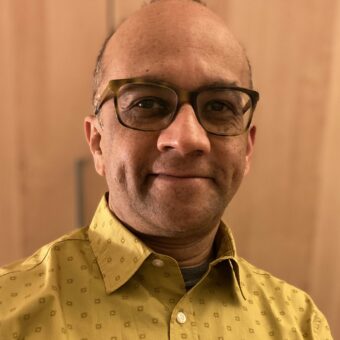
Mahmud Farooque
Associate Director, CSPO
-
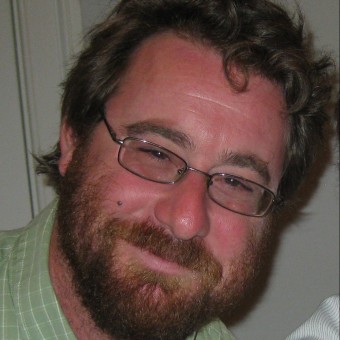
Ira Bennett
Co-director of CENTSS, Clinical Associate Professor
-
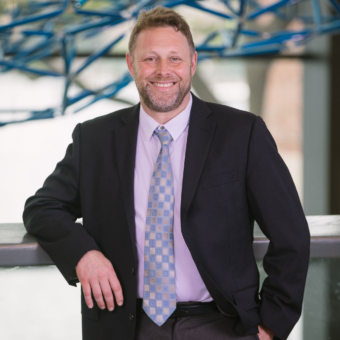
David Sittenfeld
Director, Center for the Environment, Museum of Science, Boston
-
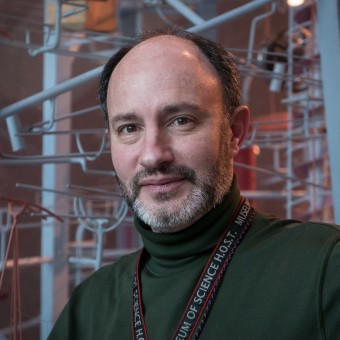
David Rabkin
Additional Team Members
